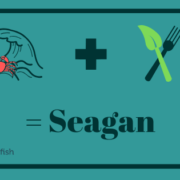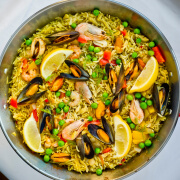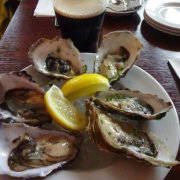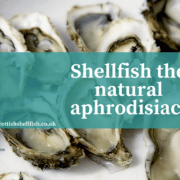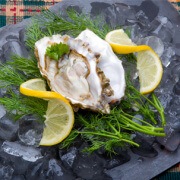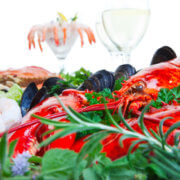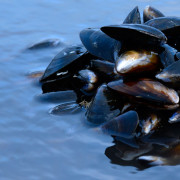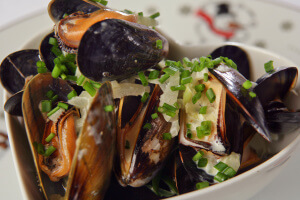There is sea of information (no pun intended!) out there about healthy eating and the impact of food production versus sustainability.
Many people are looking for ways to make changes to their diet that won’t cost the earth – and seaganism is reported to be the latest trend which could potentially fulfil those needs.
So, what is Seaganism?
Seaganism is a diet combining fish with a plant-based diet. It differs from pescatarianism in that a seagan diet does not include eggs or dairy and there is an emphasis on only eating fish that is sustainably sourced.
The term ‘seaganism’ was first coined in 2016 by food writers Amy Cramer and Lisa McComsey, the duo behind The Vegan Cheat Sheetbook and the movement has grown in popularity over the last couple of years.
In February 2019 the UK’s leading authority on seafood, Seafish, announced a new campaign Think Seagan.
Healthy Lifestyle & Dietary Choice
The campaign showcases why the diet is a healthy lifestyle and dietary choice, providing enhanced nutritional value and Seafish has produced a variety of materials suggesting new and innovative ways to consume and enjoy fish as part of the campaign.
This includes a seagan ‘starter’ kit, 28-day seagan meal plan, seagan recipes including how-to videos, and a store cupboard guide to the vegan essentials. There is also a range of educational tools, such as seafood fact and myth sheets.
Think Seagan
Marcus Coleman, Chief Executive of Seafish, said: “The health benefits of eating seafood are well documented and coupled with the benefits of a plant-based diet, seagansim presents a sustainable, tasty and flexible diet for people of all ages and stages of life.
“Our Think Seagan campaign will inspire and educate those looking to make changes to their diet.”
Joanna Stewart, Registered Dietitian, added: “The Eatwell Guide produced by Food Standards Scotland shows us the different types of foods we should eat, and in what proportions, to have a healthy, balanced diet.
“It recommends we should be eating two portions of fish a week, one of which should be oily. In Scotland this means that most of us should be trying to increase our intake of fish and shellfish in line with current guidance.
“Shellfish in particular, are low in fat, especially low in saturated fat and are an excellent source of protein. Some types of shellfish such as mussels, oysters and crabs, are good sources of Omega- 3 fats, which help prevent heart disease. Shellfish also contain a variety of vitamins and minerals including selenium, zinc, iodine, copper and vitamin B12 which are all essential for good health.”
Get Started
For more information on Think Seagan or to download materials visit: www.fishisthedish.co.uk/health/think-seagan


